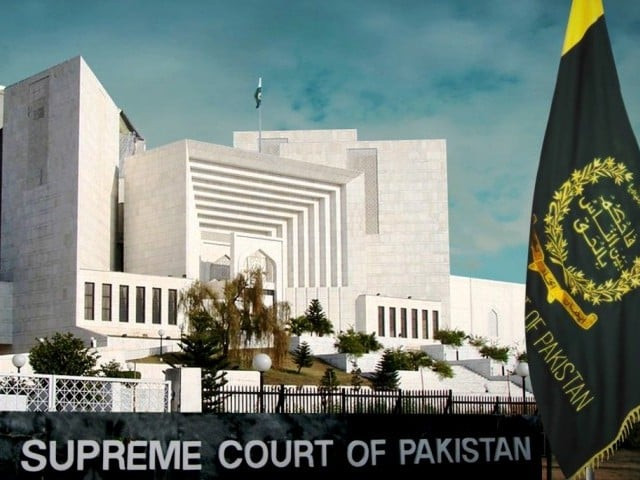Bail not irrevocable charter of freedom: SC
Apex court says a bail can be withdrawn to rectify situations leading to embarrassing anomalies

The top court has declared that grant of bail to an accused is not an “irrevocable charter of freedom” and a bail can be withdrawn to rectify situations leading to “embarrassing anomalies”.
"Grant of bail is not an irrevocable charter of freedom. In appropriate cases, while exercising charitable restraint, it is a judicial responsibility to rectify situations leading towards embarrassing anomalies," said a four-page written order.
A division bench comprising Justice Mushir Alam and Justice Qazi Muhammad Amin Ahmed issued the order after hearing the bail petition of an accused Muhammad Irfan, arrested in a narcotics case.
A team of the Anti-Narcotics Force (ANF) had intercepted petitioner Irfan and co-accused Dilshad in Dera Ismail Khan in January and found a substantial amount of cannabis, weighing 12 kilogrammes, concealed underneath the rear seat of their vehicle. Some quantity of drug was also wrapped around the belly of Dilshad.
Irfan requested a trial court for bail but a special judge rejected his request. He moved the Peshawar High Court (PHC) but his bail was declined by a judge-in-chamber on February 27.
However, the PHC judge-in-chamber granted bail to co-accused Dilshad Khan on March 25. Irfan later filed an appeal in the apex court against the PHC order and the SC division bench issued a show cause notice to Dilshad Khan asking as to why the bail granted to him by the PHC should not be cancelled.
In its verdict, authored by Justice Qazi Muhammad Amin Ahmed, the bench noted that a different regime, somewhat narrowly jacketed, is applied to consider the propriety or desirability of cancelling bail, once granted by a competent tribunal.
It said one of the assumptions is that apprehended fallout of interim freedom under an interlocutory arrangement, even though granted under error, can be indemnified through final adjudication.
“However, the benign concept of condonation cannot be applied, without being unconscionable in cases structured upon findings inherently anomalous, flawed or mutually destructive and inconsistent, more so in the category of offences with restrictions statutorily heavier on offender’s release on bail.”
The order noted that the PHC judge proceeded to grant bail to co-accused Dilshad Khan even in the absence of his counsel on March 25 on the basis of arguments, never addressed at the bar and for reasons diametrically incompatible to the reasons recorded in the earlier order.
"Reference to the outbreak of Covid-19 contagion is also beside the mark in view of a decision dated 7-4-2020 by this court whereby blanket bails granted by all the high courts on the ground of prevalence of pandemic were cancelled by this court," it said.
The court noted while withholding the concession to one accused, equally disentitled to be released on bail in view of the merits of the case, the PHC granted bail to the other. It said the merits of the case bring it within the ‘prohibition’ provided under Section 51 of the Control of Narcotic Substances Act, 1997.
"Failure by the police contingent to register the case under the Khyber Pakhtunkhwa Control of Narcotic Substances Act, 2019, an error open to rectification, does not by itself mitigate the enormity of the crime nor possibly furnish a ground for their release on bail."
The court noted that overwhelming evidence, prima facie pointed, equally to both the accused and admitted no space to contemplate any distinction and as such did not allow countenancing the error.
“Therefore, bail granted to Dilshad Khan is cancelled and he should be taken into custody to face indictment,” said the order.



















COMMENTS
Comments are moderated and generally will be posted if they are on-topic and not abusive.
For more information, please see our Comments FAQ